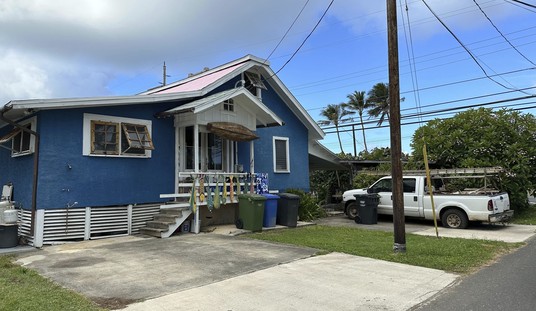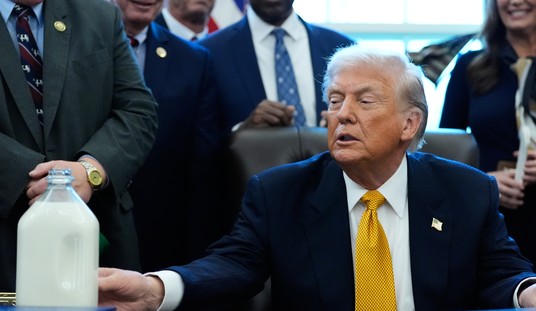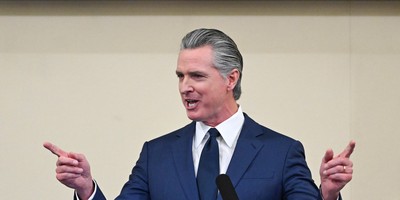I have not seen it recorded whether John F. Kennedy, after he was elected president in 1960, held conversations with Massachusetts Gov. Foster Furcolo as to who would be appointed to fill his seat in the Senate. History does record that Furcolo, just nine days before turning the governorship over to the Republican elected to succeed him, appointed one Benjamin A. Smith II, a college roommate of Kennedy's and former mayor of Gloucester, who chose not to seek the seat in the next election in 1962, which happened to be the year in which Edward Kennedy turned 30 and was therefore old enough to run for it.
Memory tells me that there was little fuss made of this at the time. Ambassador Joseph P. Kennedy obviously wanted someone appointed to keep the seat warm for Teddy, and so it was done. And Edward Kennedy has turned out to be an able and accomplished senator.
That was a different tableau from the one we have seen unfold in Chicago this past week. Furcolo was an intelligent man, disappointed to have failed to win the state's other Senate seat and destined not to win elective office again. But he knew that it would not pay to buck the Kennedys.
Rod Blagojevich, the governor who under Illinois statute has the power to appoint a senator to fill out the remaining two years of Barack Obama's Senate term, is made of different stuff. He was arrested last Tuesday, and the U.S. attorney filed a criminal complaint and made public tapes of Blagojevich seeking personal favors in return for the Senate seat.
Obama denied having conversations with Blagojevich about his choice, though his political strategist David Axelrod said last month that Obama had. Obama declined further comment when asked whether his staff members had discussed the matter with the governor, but he then promised to reveal the details later.
Recommended
In the ordinary course of things, there would be nothing wrong with such conversations (did Foster Furcolo decide on Benjamin A. Smith II without prompting?). And the construction of the evidence most negative to Obama one can currently make is that someone in Team Obama suggested nominating Obama insider Valerie Jarrett, Blagojevich simply refused or asked for something improper in return and Team Obama promptly broke off communications. Any impropriety in this version was on Blagojevich's part, not on Obama's.
Still, these are not headlines the Obama transition team wants. So far, the president-elect has won wide approval for his performance since the election, with poll numbers significantly higher than George W. Bush or Bill Clinton got in their transition periods. His leading foreign, defense and economic appointments have won high praise from all sides, in some cases more from conservatives than liberals. And in a time of financial crisis and foreign threats, he has seemed to keep a clear head and a steady hand.
He has appeared to avoid all but small mistakes, and his theme of unifying the nation -- muted perhaps necessarily in the adversary environment of the campaign -- has come forth loud and clear.
From all this the Blagojevich scandal is an unwanted distraction. It is a reminder that, for all his inspirational talk of hope and change, Obama, like Blagojevich, are both products of Chicago Democratic politics, which is capable of producing leaders both sublime and sordid.
Obama has not always avoided the latter. For 20 years he attended the church of the Rev. Jeremiah Wright, now thrown under the bus, and for more than a decade engaged in mutually beneficial exchanges political and financial with the political fixer Tony Rezko, now in federal custody.
Blagojevich, never a close political ally, has now been thrown under the bus, too, and seems likely to share Rezko's fate. Obama fans can point out, truthfully, that other revered presidents had seamy associates and made common cause on their way up with men who turned out to be scoundrels. Franklin Roosevelt happily did business with Chicago Mayor Ed Kelly, though warned that he was skimming off money from federal contracts. John Kennedy no more thought to deny a request from the Mayor Daley of his day than Obama has thought to buck the Mayor Daley of his.
But as Kennedy supposedly said of a redolent Massachusetts politician, "Sometimes party loyalty asks too much." The man in question was the Democratic nominee for governor and was not elected. Until Patrick Fitzgerald released his tapes, Barack Obama never said the same of Rod Blagojevich.
Obama has profited greatly from his careful climb through Chicago politics. But there is an old saying that in politics nothing is free -- there is just some question about when you pay the price. Obama is paying it now.
























Join the conversation as a VIP Member